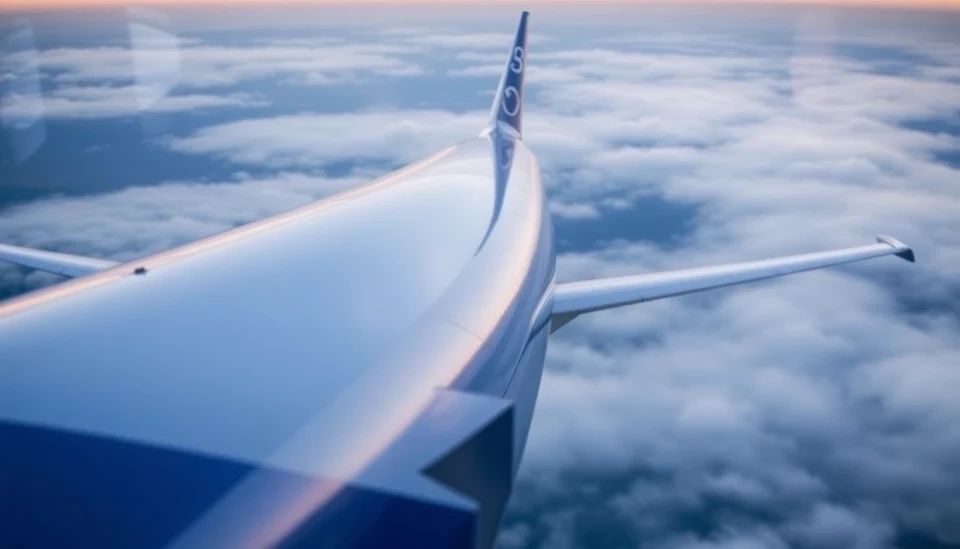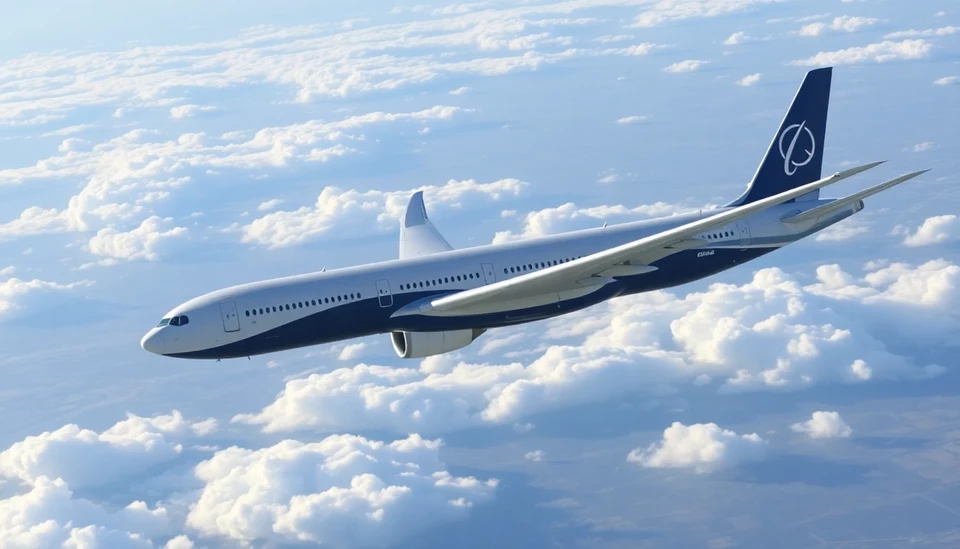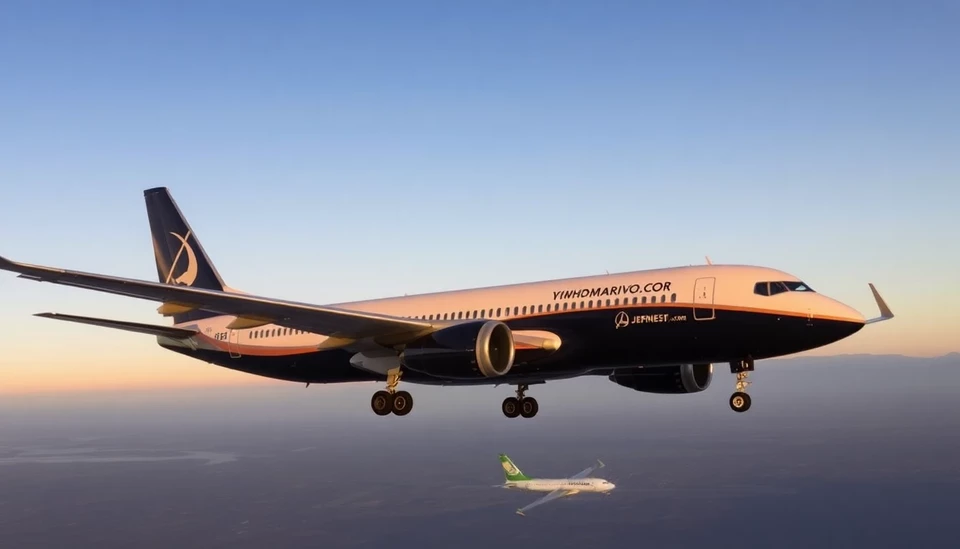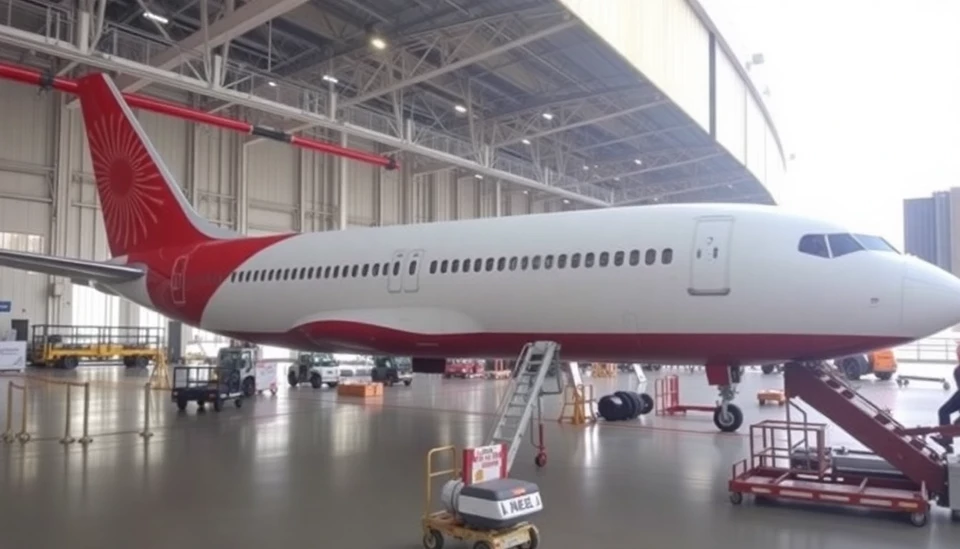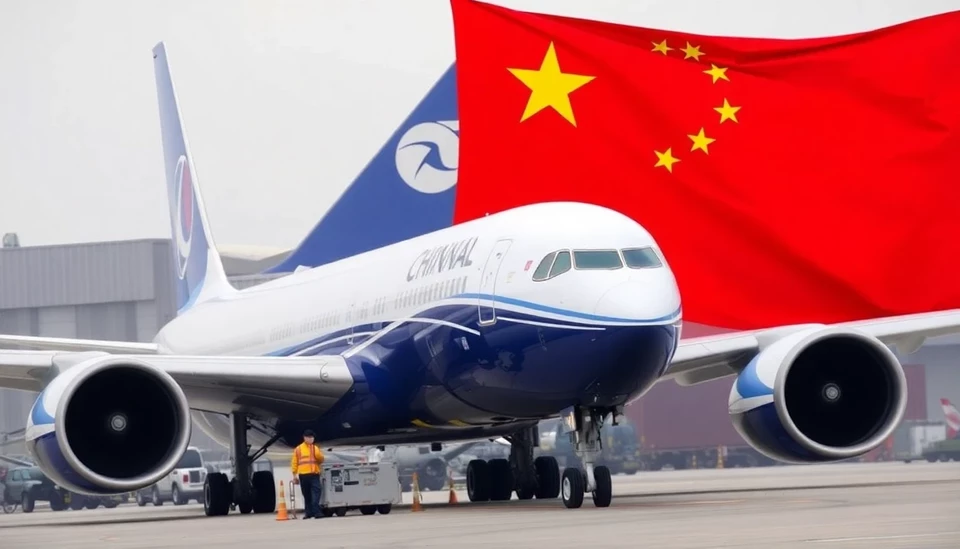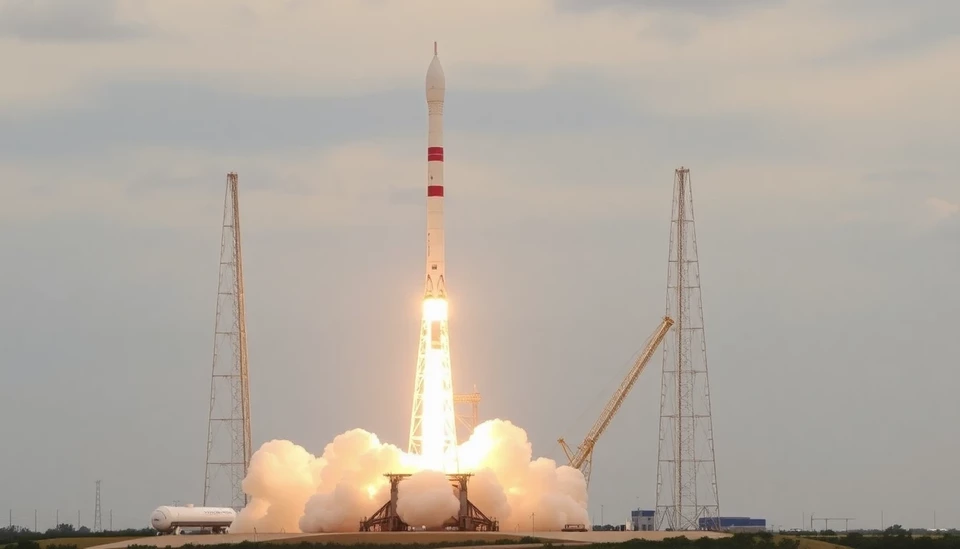
In a bold, significant step to advance further in space technology, United Launch Alliance-ULA, a joint venture of aerospace giants Boeing Co. and Lockheed Martin Corp., has successfully launched a new rocket. The successful demonstration of the rocket is an important moment in the continuing race to expand and develop capabilities for space exploration.
It launched at dusk on October 3, 2024, from Cape Canaveral Space Force Station in Florida. The rocket, which is named Vulcan Centaur, carried very significant interests of both companies and the larger aerospace community. The Vulcan Centaur is designed to afford reliable access to space, and this mission testifies to its capability and possible future contribution.
That launch is meaningful not just because it has shown the capability of Vulcan Centaur, versatile and robust in nature, but it also means something in the path of strategy that ULA has adopted for fulfilling the ever-increasing demands of both government and commercial satellite launches. Such a configuration showing success places ULA one step ahead of its competitors, like SpaceX and Blue Origin, which are aggressively pursuing leadership in space launches.
Both Boeing and Lockheed Martin believe that ULA has the capabilities and expertise to secure an increasing share of the future contracts, including from the United States government and burgeoning private sector ventures, for deploying satellites into orbit.
The Vulcan Centaur is supposed to replace ULA's heritage rockets: the Atlas and Delta-both of which have played a very important role over many years. Designing this rocket has included new technologies that could further enhance performance and sustainability. Among them is the mention of cost-efficiency and reusability-now indispensable in every modern aerospace mission.
The launch has been closely watched by industry analysts, being a signal of the potential of ULA to meet its ambitious goals and benchmarks. Branded with success, this demonstration may come with secured, highly lucrative contracts and partnerships, mainly having prospects for reshaping competitive dynamics in space launch.
ULA's project manager, Scott Sandford, told a press briefing that this successful launch is basically not the outcome of hard work but instead the starting point for their future technological efforts. He confirmed that Vulcans would be used very well in missions ranging from scientific research payloads to highly critical defense satellites.
Both Boeing and Lockheed Martin remain committed to the pledge of the development of space technology and space exploration. With the successful opening of the way by the launch of Vulcan Centaur, both companies are looking forward to more frequent and different types of missions than what is currently taking place, hence their leading position in aerospace innovation.
The successful launch of Vulcan Centaur has opened a new frontier in space travel: accessible, efficient, and robust. It has underlined a quantum leap that may mark a different trajectory for space exploration in the years to come.
#Boeing #LockheedMartin #SpaceLaunch #VulcanCentaur #UnitedLaunchAlliance #AerospaceInnovation #SpaceExploration #RocketLaunch #Technology #SpaceIndustry
Author: Samuel Brooks
